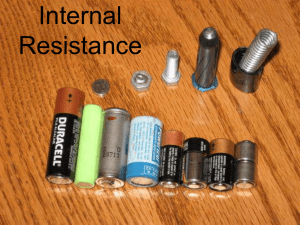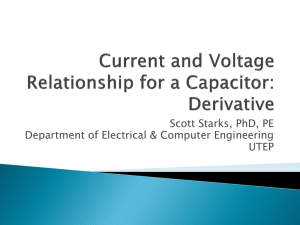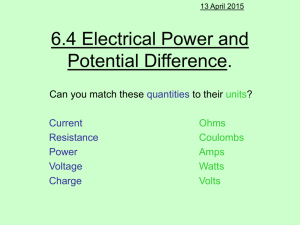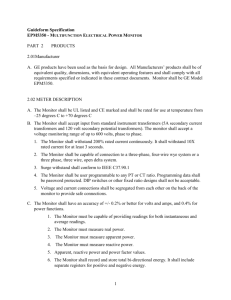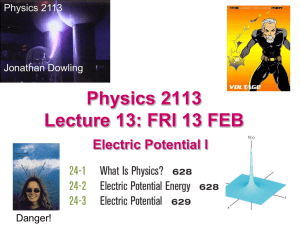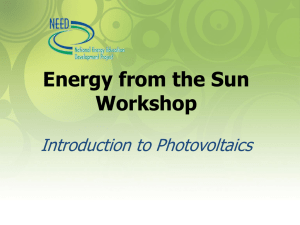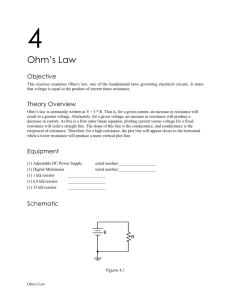Name: Advanced Math Date: Homework: Problem Solving using
advertisement
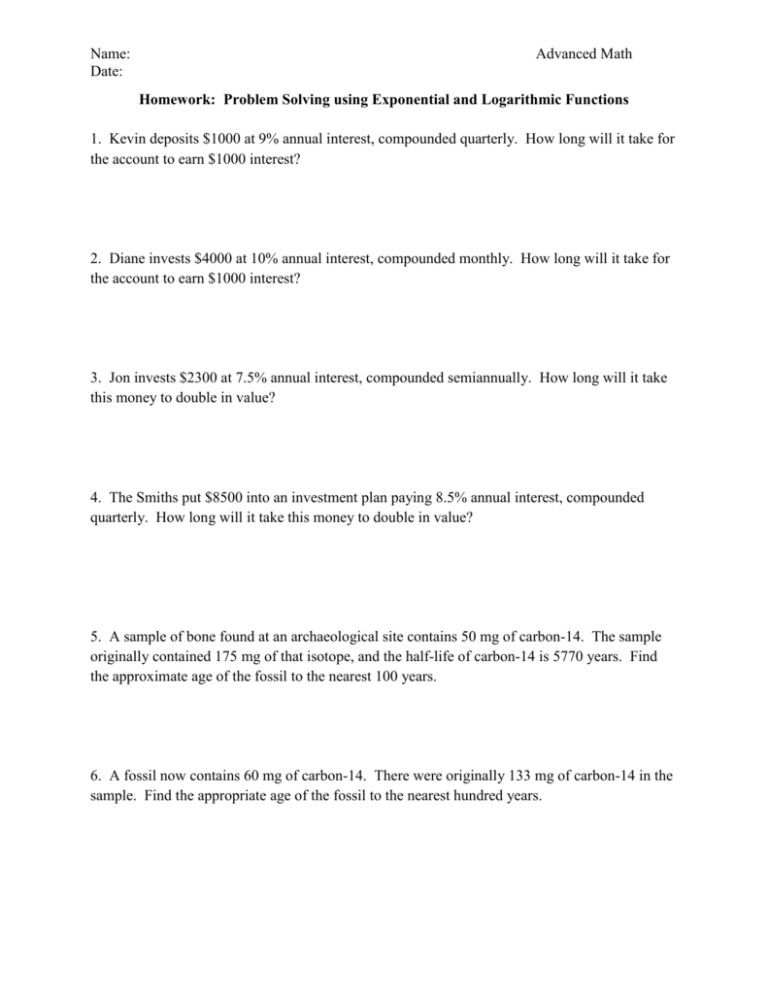
Name: Date: Advanced Math Homework: Problem Solving using Exponential and Logarithmic Functions 1. Kevin deposits $1000 at 9% annual interest, compounded quarterly. How long will it take for the account to earn $1000 interest? 2. Diane invests $4000 at 10% annual interest, compounded monthly. How long will it take for the account to earn $1000 interest? 3. Jon invests $2300 at 7.5% annual interest, compounded semiannually. How long will it take this money to double in value? 4. The Smiths put $8500 into an investment plan paying 8.5% annual interest, compounded quarterly. How long will it take this money to double in value? 5. A sample of bone found at an archaeological site contains 50 mg of carbon-14. The sample originally contained 175 mg of that isotope, and the half-life of carbon-14 is 5770 years. Find the approximate age of the fossil to the nearest 100 years. 6. A fossil now contains 60 mg of carbon-14. There were originally 133 mg of carbon-14 in the sample. Find the appropriate age of the fossil to the nearest hundred years. Name: Date: Advanced Math 7. An isotope has a half-life of 80 days. How many days will it take for a 7 mg sample of this isotope to decay to 1 mg? (Round the answer to the nearest whole number) 8. An isotope has a half-life of 90 days. How many days will it take for a 5 g sample of this isotope to decay to 1 g? (Round the answer to the nearest whole number) 9. The voltage input of an amplifier is 0.5 volts and its voltage output is 52 volts. Find the decibel voltage gain. 10. It the voltage output of an amplifier is 46 volts and its voltage input is 0.8 volts. What is the decibel voltage gain. 11. A transmission line has an input voltage of 0.6 volts and an output voltage of 54 volts. Find the decibel voltage gain. 12. A transmission line has an input voltage of 0.4 volts and an output voltage of 29 volts. Find the decibel voltage gain.

